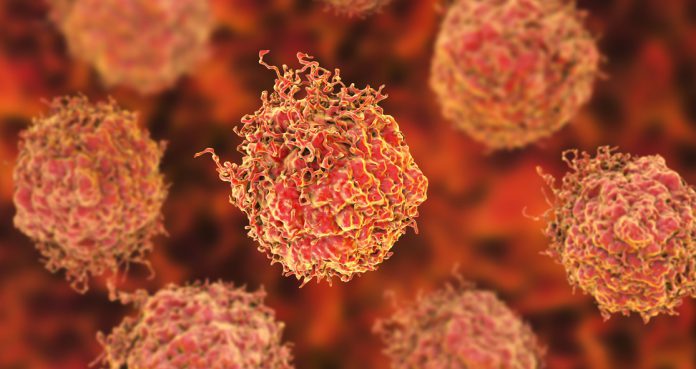Previous studies have already found that factors such as old age, ethnicity, and genetic predisposition increase the risk of prostate cancer in men.
This time, a new study has found that men with higher levels of testosterone and a type of growth hormone in their blood have an increased risk of developing prostate cancer.
Researchers said that the study, which was conducted on more than 200,000 men, is the first of its kind to suggest strong evidence of the association between higher levels of these hormones and prostate cancer.
They explained that modifying these two factors could reduce the risk of prostate cancer.
The findings of the study were presented at the 2019 National Cancer Research Institute (NCRI) Cancer Conference in Glasgow, Scotland.
Lead study author Dr. Ruth Travis said, “Prostate cancer is the second most commonly diagnosed cancer in men worldwide after lung cancer and a leading cause of cancer death. But there is no evidence-based advice that we can give to men to reduce their risk.”
“We were interested in studying the levels of two hormones circulating in the blood because previous research suggests they could be linked with prostate cancer and because these are factors that could potentially be altered in an attempt to reduce prostate cancer risk,” added Dr. Travis.
The researchers examined 200,452 men who had no history of cancer and were not taking any hormonal therapy. Their blood samples were tested for testosterone and a growth hormone known as insulin-like growth factor-I (IGF-I). The participants were followed up for six to seven years.
The investigators found that there were 5,412 cases of prostate cancer, with 296 deaths from the deadly disease.
The scientists explained that men who had higher blood concentrations of testosterone and IGF-I were more likely to develop prostate cancer.
Dr. Travis said, “This type of study can’t tell us why these factors are linked, but we know that testosterone plays a role in the normal growth and function of the prostate and that IGF-I has a role in stimulating the growth of cells in our bodies.” “What this research does tell us is that these two hormones could be a mechanism that links things like diet, lifestyle and body size with the risk of prostate cancer,” continued Dr. Travis. “This takes us a step closer to strategies for preventing the disease.”





















